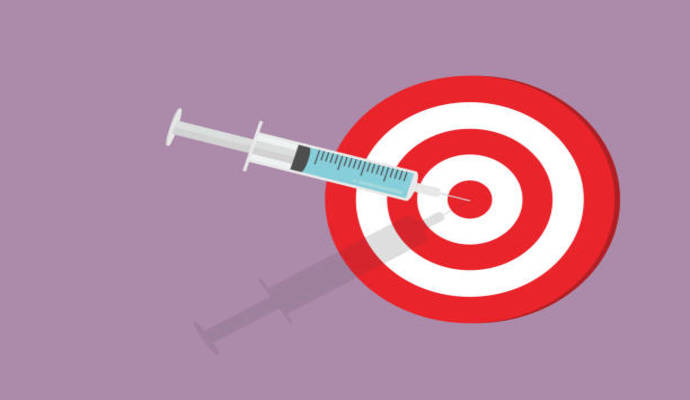
@ShahidNShah


Precision medicine aims to improve healthcare by customizing patient care to specific patient needs.
Advancing precision medicine requires establishing an evidence base through extensive research built on genomic data at a unique scale. But as precision medicine data becomes increasingly complex and available, health IT and EHRs must evolve to integrate, interpret, and deliver this data.
Data standardization and specific data requirements are critical for precision medicine. ONC said it developed methodologies to improve data collection and exchange by leveraging standardized APIs.
Health IT must evolve to integrate, interpret, and exchange precision medicine data, primarily through improved interoperability.
Utilizing all aspects of the interoperability rule, along with the Health Level 7 (HL7) genomics model and Fast Healthcare Interoperability Resources (FHIR), could help bridge the gap between patient genomic data and interoperability.
Continue reading at ehrintelligence.com
There’s no question that healthcare organizations should already have robust security measures in place and should be working to strengthen their defenses against the increased likelihood of an …
Connecting innovation decision makers to authoritative information, institutions, people and insights.
Medigy accurately delivers healthcare and technology information, news and insight from around the world.
Medigy surfaces the world's best crowdsourced health tech offerings with social interactions and peer reviews.
© 2025 Netspective Foundation, Inc. All Rights Reserved.
Built on Apr 25, 2025 at 12:44pm